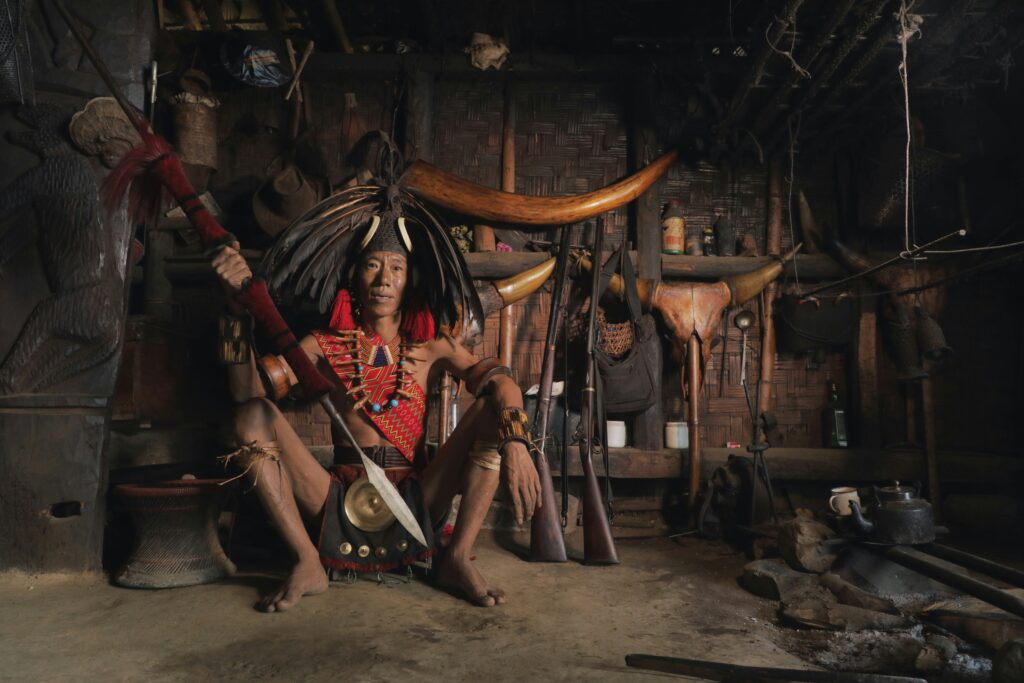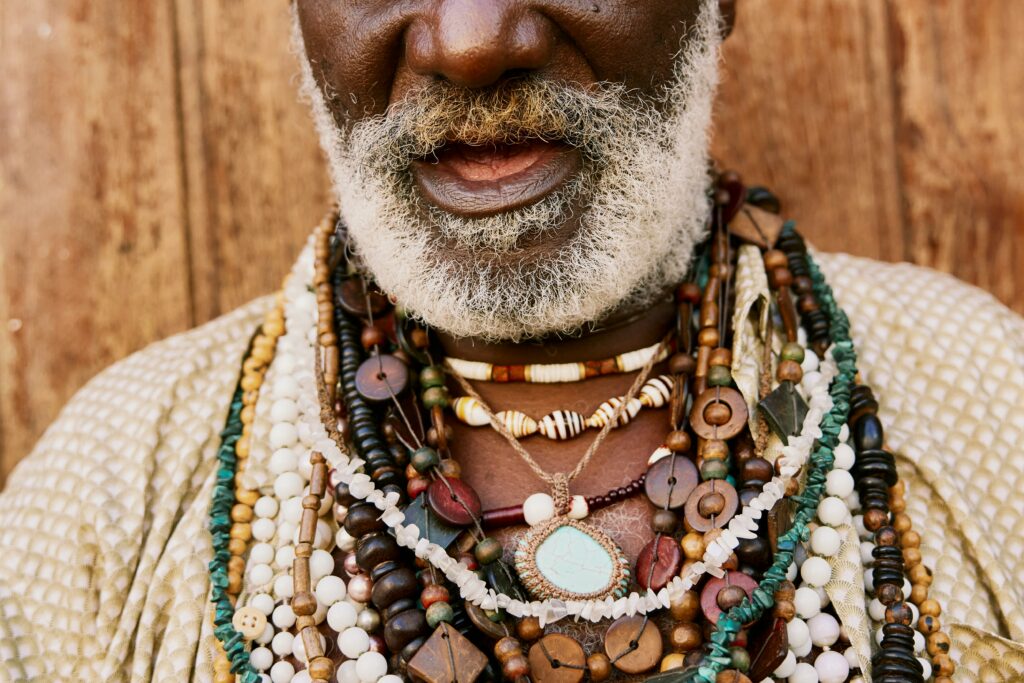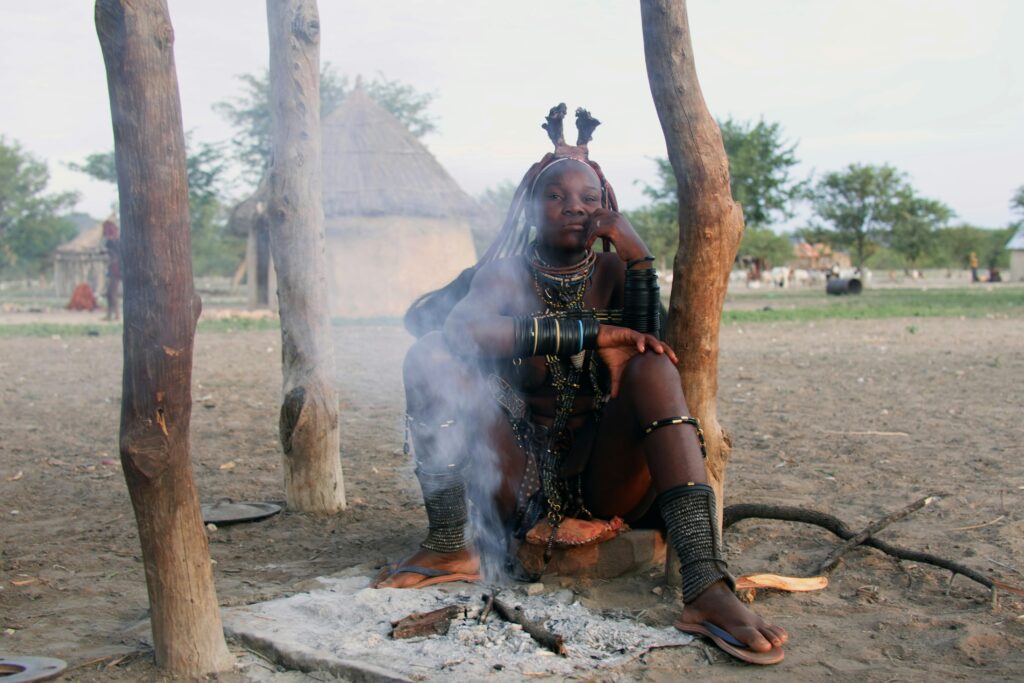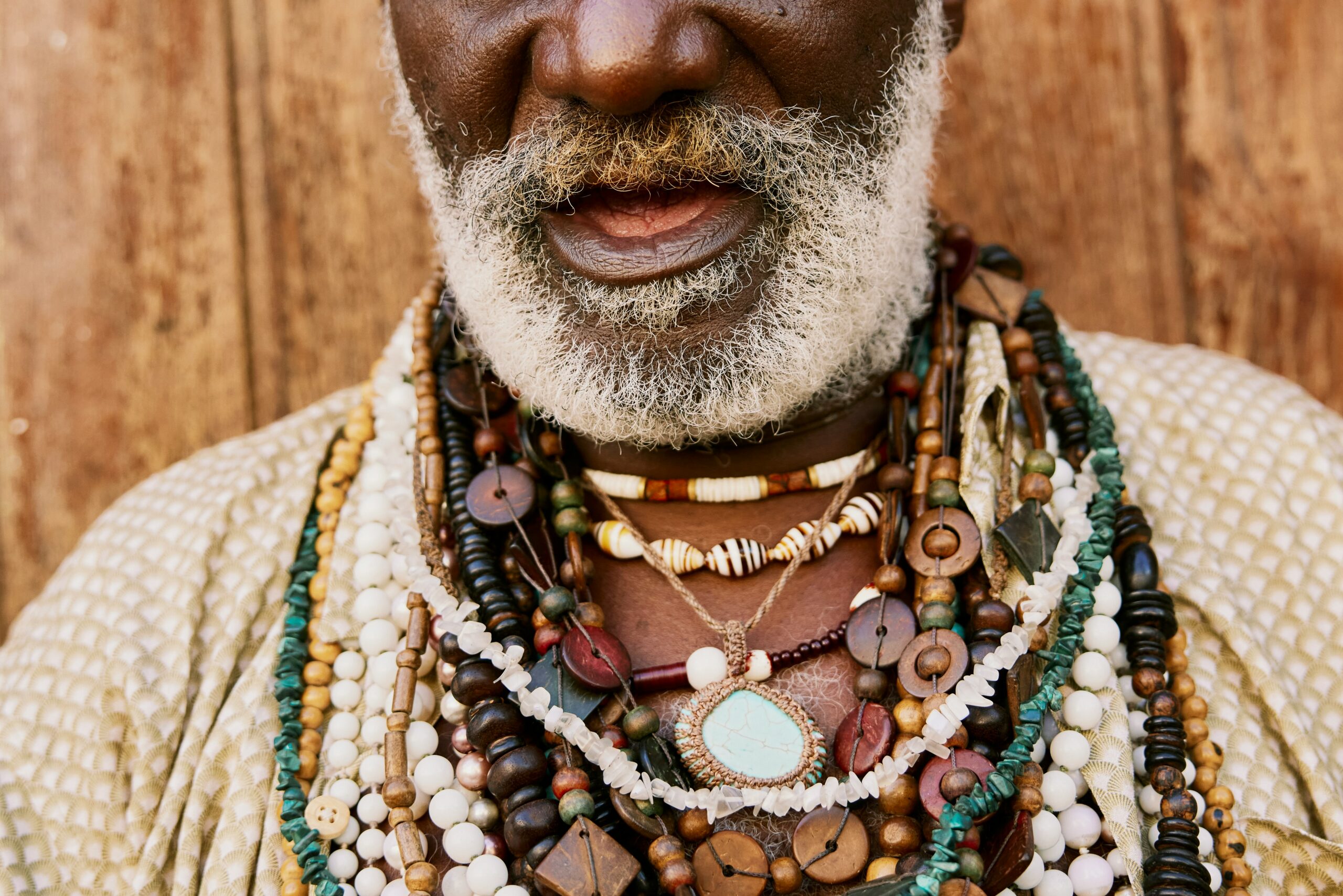“Before the British came, before Nigeria had a name — Oyo ruled the land.”
In the golden era of West African history, long before colonial boots touched the soil, the Oyo Empire stood as a political and military force that few dared to challenge. With its horse-mounted warriors and one of the most balanced systems of governance in pre-colonial Africa, Oyo carved its name into history — and it did so with thunder.
Riding to Glory: Oyo’s Legendary Cavalry
The Oyo Empire was unlike most forest kingdoms. Built on open savannah land, it developed a cavalry force that became feared across West Africa. Known as the Eso, these elite horsemen were fast, fierce, and tactically advanced.
Their ability to launch swift attacks and dominate enemies on flat terrain gave Oyo unmatched military strength from the 1600s to the 1800s.

Governance Before Democracy: The Oyo Mesi System
While many modern governments struggle with balance, the Oyo Empire perfected it centuries ago.
- The Alaafin of Oyo (King) ruled the land.
- But he was not above reproach.
- The Oyo Mesi, a powerful council of nobles, served as kingmakers and watchdogs.
- If the king became corrupt, the Oyo Mesi could order him to commit ritual suicide — a bold system of accountability rarely seen in monarchies anywhere in the world.
Imagine that. A king who knew he could be checked.

Trade, Culture & Spiritual Power
Oyo thrived not just through war but through trade and diplomacy. It controlled major routes that linked the Atlantic coast to inner Africa, exporting:
- Kolanuts
- Salt
- Leather
- Ivory
- Enslaved people (sadly, a reality of the time)
The empire’s cultural and spiritual influence also spread far and wide. Even today, Yoruba religion and customs from Oyo influence diasporic religions like Santería in Cuba, Candomblé in Brazil, and Vodun in Haiti.
Decline and Fall: The Betrayal Within
No empire lasts forever.
In the late 1700s, Oyo began to crumble due to:
- Internal power struggles
- Rebellions from vassal states like Ilorin
- A betrayal by Afonja, a commander who allied with Fulani forces
By the early 1800s, Oyo’s cavalry was defeated, and the empire’s core collapsed. But the culture lived on.
Oyo Today: A Living Legacy
Though the military empire is gone, the Alaafin of Oyo still exists today as a respected Yoruba monarch. The traditions, titles, and philosophies that shaped the kingdom live on in Nigerian governance, Yoruba spirituality, and cultural identity.

Why It Matters Today
The story of the Oyo Empire proves that:
- African history is rich, organized, and influential.
- Precolonial Nigeria had sophisticated political systems.
- We must tell our stories — because if we don’t, others will write us out.
Read more African Stories here


Leave a Reply